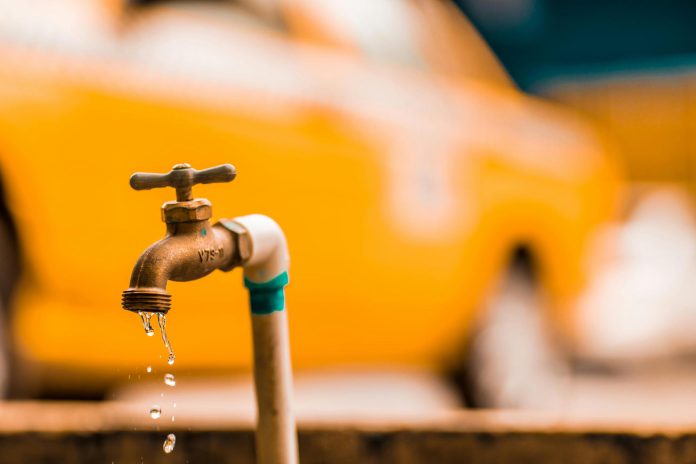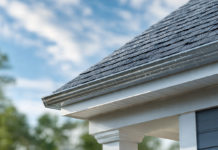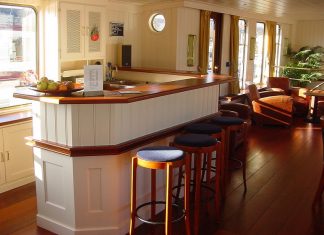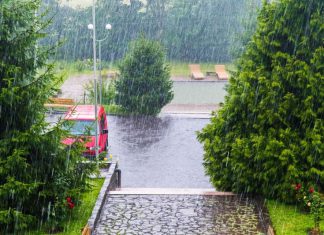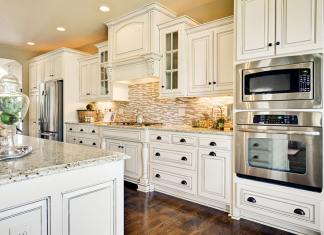Owning a home means more than just having a place to live; it involves maintaining the various systems that keep everything running smoothly. One of the most vital systems in your home is plumbing. While professional help is sometimes necessary, there are plenty of preventive measures you can take to avoid common plumbing disasters. In this blog post, we’ll explore some tips and tricks to help you keep your plumbing in top-notch condition.
Understanding Your Plumbing System
The first step to preventing plumbing disasters is understanding how your plumbing system works. This includes knowing the location of the main water shut-off valve, familiarizing yourself with the various types of pipes used in your home, and recognizing common fixtures such as faucets, sinks, toilets, and showers. Having a basic knowledge of these components can help you diagnose and address minor issues before they escalate.
Mind What You Flush
Toilets are designed to dispose of human waste, toilet paper, and nothing else. Flushing items such as wipes, sanitary products, and even so-called “flushable” wipes can lead to serious blockages and potential overflows. Educating everyone in your household about what can and cannot be flushed can save you from a headache – and a hefty plumbing bill.
Water Pressure Awareness
While strong water pressure may seem like a good thing, too much pressure can strain your pipes and lead to leaks or bursts over time. Invest in a water pressure gauge to monitor the pressure levels in your home. Ideally, the water pressure should be between 40 to 60 psi. If your pressure is consistently higher, consider installing a pressure regulator. Additionally, it’s important to learn about water heater safety valves to ensure excess pressure does not build up in your water heater tank.
Proper Use of Drains
Kitchen sinks and bathtubs are two areas highly prone to clogs. In the kitchen, avoid dumping grease, coffee grounds, or food scraps down the drain even if you have a garbage disposal. In the bathroom, use a hair catcher in the shower drain to prevent hair from accumulating and causing clogs. Regularly cleaning and maintaining these drains can go a long way in preventing severe blockages.
Handling Winter Challenges
Cold weather poses unique challenges to your plumbing system. Pipes can freeze, leading to burst pipes and significant water damage. To prevent this, insulate exposed pipes, particularly those in basements, attics, or exterior walls. During extreme cold snaps, keep a small trickle of water running through faucets to prevent freezing, and open cabinet doors to allow warm air to circulate around pipes.
Regular Inspections
Regular inspections are key to preventing major plumbing problems. Make it a habit to check under sinks, around toilets, and near appliances like dishwashers and washing machines for signs of moisture or leaks. If you notice any wet spots or discoloration, it could indicate a leaking pipe that needs immediate attention.
Know When to Call a Professional
Despite your best efforts, some plumbing issues are too complex or severe to handle on your own. Knowing when to call a professional plumber can save you from exacerbating a problem. Issues such as recurring leaks, persistent low water pressure, or sewage backups require immediate professional attention.
Emergency Plumbing Kit
In case of a sudden plumbing emergency, it’s a good idea to have an emergency plumbing kit on hand. Your kit should include basic tools such as a plunger, adjustable wrench, plumber’s tape, and a pipe cutter. Additionally, having some pipe caps and sealants can help you manage small leaks temporarily while you wait for professional help. Keeping a well-stocked emergency kit can significantly reduce panic and damage in urgent situations.
Modern Plumbing Technologies
Utilizing current plumbing technologies can also help in preventing plumbing disasters. Smart leak detectors, for example, can be installed near potential problem areas to provide early warnings of leaks. Automatic water shut-off systems can prevent severe damage by stopping the water flow in case of detected leaks. Investing in these technologies can offer peace of mind and additional protection for your home.
Eco-Friendly Plumbing Solutions
Considering eco-friendly plumbing solutions not only helps the environment but can also reduce wear and tear on your system. Low-flow fixtures and dual-flush toilets conserve water and reduce the strain on your pipes. Tankless water heaters provide hot water on demand, decreasing the chances of leaks and bursts from traditional tank systems. Incorporating these solutions promotes sustainable living and enhances the longevity of your plumbing system.
Conclusion
Maintaining your home’s plumbing system is imperative for avoiding disastrous and costly repairs. By understanding your system, performing regular inspections, and taking preventive measures, you can keep your plumbing running smoothly. While some challenges may require professional intervention, many can be managed with simple, proactive actions. Remember, a little knowledge and attention can go a long way in preventing common plumbing disasters.
